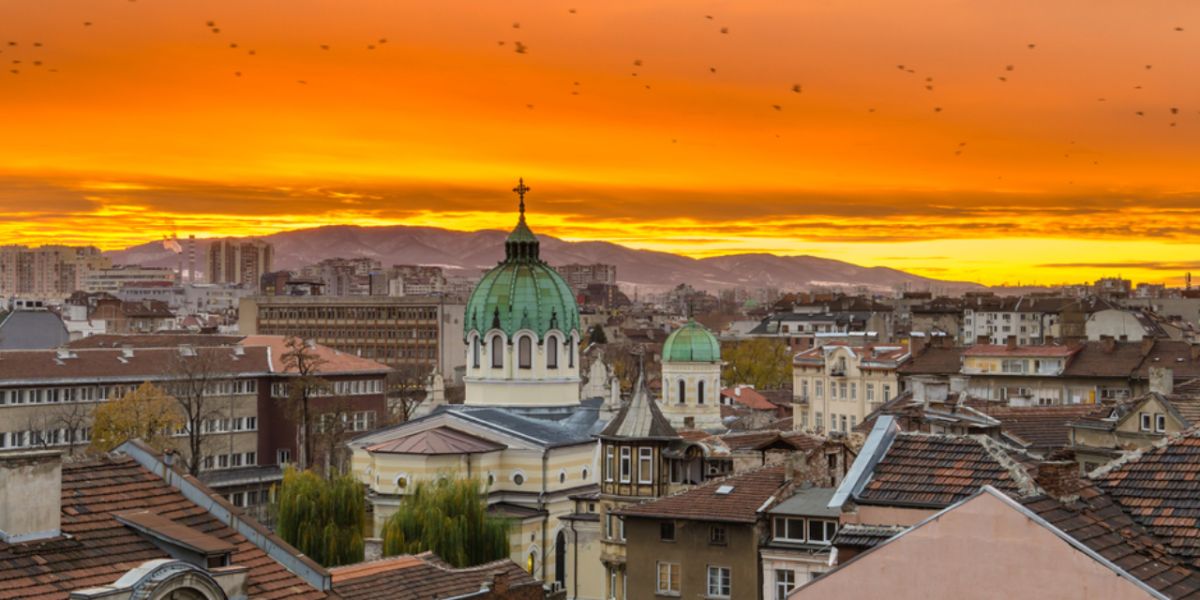
If you intend to travel to Bulgaria, whether for a long or short-term stay, here is a summary of formalities you have to fill in.
Foreign nationals wishing to travel to Bulgaria, regardless of the duration and purpose of their stay, are required to inquire on related conditions with the Bulgarian embassy or consulate in their home country. As a part of the European Union, Bulgaria is more open towards European nationals than those coming from other countries. In fact, procedures are quite simpler and no visa is required for short-term stays. Foreigners coming from other countries, on the other hand, may have to produce certain documents according to their nationality and the purpose of their trip.
Conditions
In all cases, you will need a valid travel document to be allowed to enter the country. European Union nationals can produce their identity card for a maximum of three months stay in Bulgaria. As regards foreign nationals residing within the European Union with a resident permit, they are required to produce their resident permit on traveling to Bulgaria, along with their identity card.
On your arrival
If you have opted for home-stay or for individual accommodation in Bulgaria, you will have to report to the nearest police station to your place of residence within five days following your arrival. This includes providing your name, residence address and passport number and its expiry date, so as to register as a foreigner. If you are staying in a hotel, this formality will be filled automatically.
Visas
There are two types of visas for Bulgaria, namely the C visa which is intended for short stays, that is a maximum of 90 days, and the D visa which is intended for more than three month stays. You also have a multiple-entry C visa which allows you to travel to and from the country several times during your stay. Find more details about visas in the article Visas for Bulgaria.
Residence permit
The resident permit applies to employees, self-employed entrepreneurs and foreign retirees. However, this permit is issued on your arrival in the country. Hence, you will have to travel to Bulgaria with a D visa. The resident permit is mostly requested by foreign retirees. As regards foreign professionals, they have to apply for a work permit from the Bulgarian Ministry of Labor and Social Policy before applying for the D visa.
Visa waiver
Nationals of the following countries are exempted from the visa requirement for a maximum of 90 days stay in Bulgaria: Andorra, Australia, Austria, Belgium, Brazil, Brunei, Canada, Chile, China (Hong Kong, Macao), Costa Rica, Croatia, Cyprus, Czech Republic, Denmark, El Salvador, Estonia, Finland, France, Greece, Guatemala, Honduras, Hungary, Iceland, Ireland, Israel, Italy, Japan, Korea, Latvia, Liechtenstein, Lithuania, Luxembourg, Malaysia, Malta, Mexico, Monaco, New Zealand, the Netherlands, Nicaragua, Norway, Panama, Paraguay, Poland, Portugal, Romania, St. Martin, Singapore, Slovakia, Slovenia, Sweden, Switzerland, United Kingdom, Uruguay, USA,Vatican, Venezuela.
They only need a valid travel document such as a passport. On the other hand, Macedonian, Montenegro and Serbian nationals are allowed to travel to Bulgaria without a visa for a maximum of 30 days period over six months.
However, these conditions are subject to changes in regulations and requirements. You are therefore advised to inquire with the Bulgarian embassy or consulate in your home country.
Useful links:
Ministry of Foreign Affairs www.mfa.bg
Ministry of Foreign Affairs ' Visa application www.mfa.bg/en/pages/109
Laws relating to foreign nationals in Bulgaria www.mvr.bg
Embassies of Bulgaria in the world www.mfa.bg/15
Bulgarian Embassy in the US travel.state.gov
Bulgarian Embassy in the UK www.gov.uk
We do our best to provide accurate and up to date information. However, if you have noticed any inaccuracies in this article, please let us know in the comments section below.








